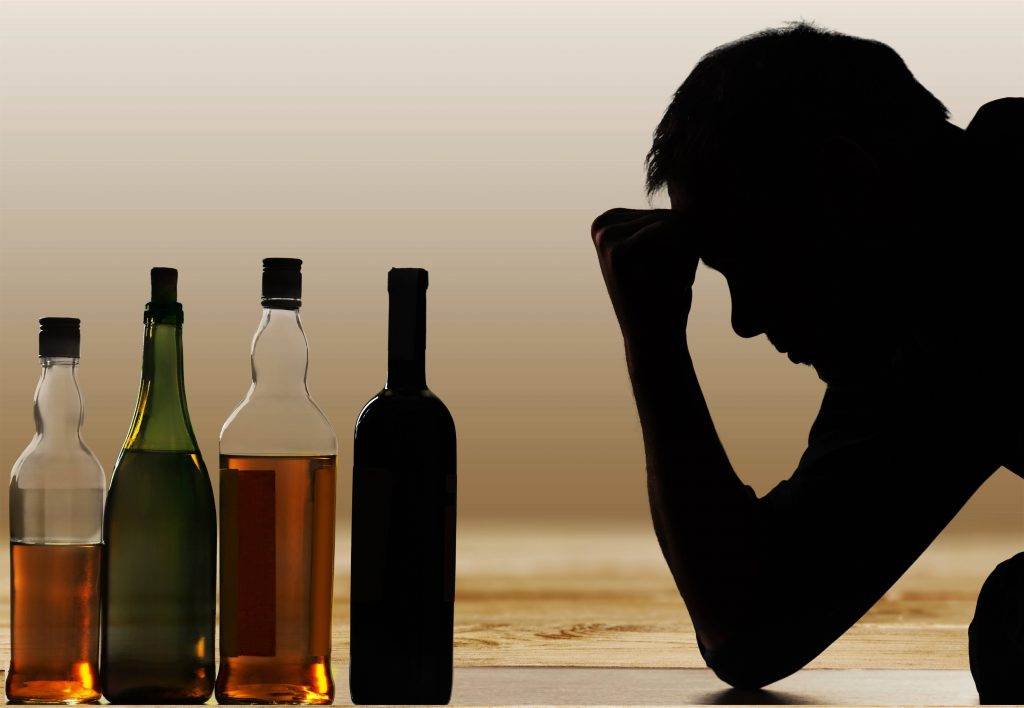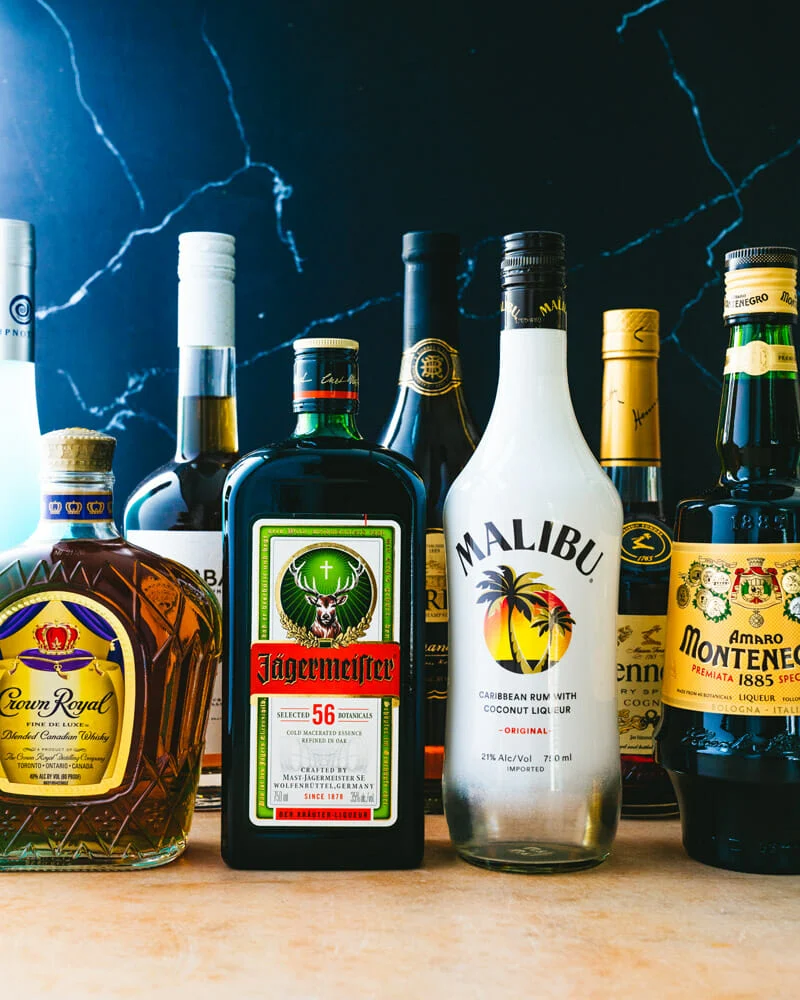UNDERSTANDING ALCOHOL USE DISORDERS AND THEIR TREATMENT
Many people view alcohol as a way to relax and enjoy a nice glass of wine. However, people with alcohol abuse disorders may drink excessively, putting themselves and others at risk. This fact sheet answers questions about alcohol and offers suggestions for how psychologists can help.
What is the point of drinking?
Moderate alcohol consumption — no more than 2 drinks per day for men, 1 for women, and 1 for older adults — is considered safe for most adults. A “drink” is 1.5 ounces or more of spirits, five ounces of wine, or twelve ounces of beer. All of these have 0.5 ounces of alcohol.
However, moderate use is only one part of the spectrum, including alcohol abuse and dependence.
- Alcohol abuse is a drinking habit with serious and persistent adverse consequences. An alcohol abuser may be unable to meet their major school, work, and family obligations. They could have drinking-related legal issues, such as multiple arrests for driving under the influence. Their drinking may cause problems in their relationships.
- Alcoholism is a condition that causes people to lose control over their alcohol consumption. It doesn’t matter how much or what type of alcohol someone drinks: Many people dependent on alcohol will not be able to stop drinking once they have started. Tolerance (the need for more alcohol to get the same “high”) and withdrawal symptoms are hallmarks of alcohol dependence. Some withdrawal symptoms include nausea, vomiting, restlessness, irritability, and hallucinations.
Even though severe alcohol problems are the most prominent, mild to moderate problems can cause significant damage to the individual, their families, and the entire community.
The National Institute on Alcohol Abuse and Alcoholism (NIAAA) estimates that 6.2 percent of Americans aged 18 and over have alcohol use disorders.
What are the causes of alcohol-related disorders?
There are many causes of problem drinking, including genetic, psychological, and social factors. Each cause is not necessarily the same for everyone. Some alcohol abusers have psychological traits like impulsiveness and low self-esteem that can lead to inappropriate drinking. Some people drink to “medicate” their emotional problems. Peer pressure, easy access to alcohol, and other social and environmental factors can play important roles. The likelihood of becoming dependent on alcohol is also increased by poverty and sexual abuse.
Some people are more susceptible to alcohol dependence because of their genetics. Contrary to popular belief, being able “hold your liquor” does not mean you are less at risk for alcohol dependence. However, a history of alcohol abuse does not automatically mean that your children will have the same problems. The absence of alcohol problems in the family does not necessarily prevent these problems.
The problem can only get worse if people drink excessively. Drinking excessively can lead to physiological changes, which make drinking more difficult. Alcohol dependence can cause withdrawal symptoms to be reduced or avoided by drinking.
What are the effects of alcohol abuse disorders on people?
Although some studies suggest that alcohol can have positive cardiovascular effects, most experts agree that heavy drinking can cause health problems.
Memory loss, blackouts, and hangovers are some of the short-term effects. The long-term effects of heavy drinking include stomach problems, heart problems, and cancer. Heavy drinkers significantly increase the chances of death from suicide, automobile accidents, and homicide. Even though alcoholism is more common in men than women, it can still cause serious health problems for women, even if they consume less.
Mental health can also be affected by drinking problems. Abusing alcohol or becoming an alcoholic can worsen or cause new conditions like depression, memory loss, or anxiety.
Problems with alcohol don’t only affect the drinker. Spouses and children who drink heavily may be subject to violence in the home. Children may also suffer from neglect, sexual abuse, and psychological problems. Drinking during pregnancy can cause serious harm to the fetuses. In alcohol-related assaults and accidents, relatives, friends, and strangers can all be hurt or killed.
What is the best time to seek help?
People often conceal their drinking or deny that they have a problem. How do you tell if someone you know or you are in trouble? A possible sign of a problem is having your friends and family express concern about you, feeling annoyed by people’s drinking habits, feeling guilty about it, thinking you should reduce your drinking but not being able to or needing to have a drink in the morning to calm your nerves or ease a hangover.
Many people who have drinking problems are determined to overcome them. These individuals can often recover on their own with the help of friends and family. Alcohol dependence is often a condition that makes it difficult for people to stop drinking. Many people need help from outside. To avoid seizures and potentially life-threatening withdrawal symptoms such as epilepsy, they may require medically supervised detoxification. After stabilization, people may require help with their psychological problems.
There are many options for alcohol problem treatment. There is no one best approach for everyone.
What can a psychologist do to help you?
A psychologist who is trained and experienced in the treatment of alcohol problems can be a great help. A psychologist can help the family and others encourage the drinker to change before they seek assistance.
Psychologists can help the drinker identify the causes and severity of their problems. The assessment results can guide the drinker on the best treatment options and motivate them to seek treatment. Early intervention can help individuals with alcohol problems improve their chances of recovery.
Psychologists can help with problems such as drinking by using one or more types of psychological therapy. Psychologists have developed various therapies, including motivational enhancement therapy and cognitive-behavioral skills treatment. Other therapies include 12-Step Facilitation methods that help those with drinking problems use self-help programs like Alcoholics Anonymous (AA).
These therapies can increase motivation to quit drinking, identify triggers, learn new ways to deal with high-risk situations, and build support networks within their communities.
These therapies all have proven to be effective. All three therapies have been proven effective. These “co-occurring psychological conditions” can be treated by psychologists. A psychologist can also coordinate the various services a drinker receives from different health professionals.
Psychologists are also able to provide family, marital, and group therapy. These therapies can often help repair interpersonal relationships and resolve problems with drinking. The family relationships that influence drinking behavior can often be affected by recovery. A psychologist can help the drinking person and their significant others through these difficult transitions. They will help them understand and support their family members in recovery.
A person might experience a relapse or return to problem drinking. It is important to consult a psychologist or another health professional who can help you to discuss these situations and to learn from them. A psychologist can help the person with alcohol problems to reduce alcohol consumption and minimize problems if they are unable to do so.
Psychologists are also able to refer people to self-help groups. Many people continue to seek support from these groups after finishing formal treatment.
The effects of alcohol-related disorders can severely impact your health and functioning. People who seek the right help can have a better chance of resolving their problems long-term.




Post Comment